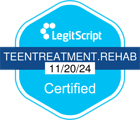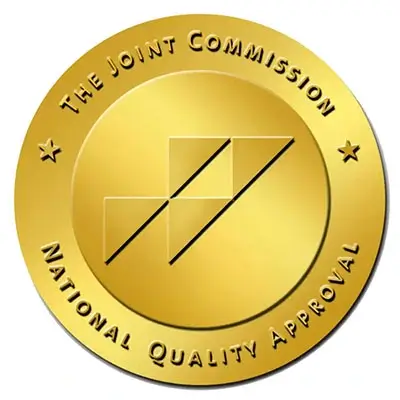Heroin addiction is a pervasive problem that affects millions of people worldwide. It’s a complex issue that requires a deep understanding of its effects, particularly the withdrawal symptoms that occur when a person stops using the drug. This article provides an in-depth look at heroin withdrawal symptoms, their causes, and the treatment options available.
Understanding Heroin Withdrawal
Heroin withdrawal is a challenging process that occurs when a person who is physically dependent on heroin stops using it. The body and brain, accustomed to the drug’s presence, must readjust to its absence, leading to a range of uncomfortable and sometimes dangerous symptoms.
Heroin, an opioid, binds to opioid receptors in the brain and central nervous system, mimicking the body’s natural opioids, such as endorphins. However, with regular use, the brain adapts, leading to tolerance and physiological dependence. Dependence is characterized by withdrawal symptoms when someone attempts to cut back or stop using heroin.
Causes and Risk Factors for Heroin Addiction
Heroin addiction can be influenced by a variety of factors. These include genetic predisposition, physical health, environmental conditions, and psychological factors. Peer pressure, trauma, and ease of access to substances can also play a significant role in the development of addiction.
Acute (Short-Term) Heroin Withdrawal Symptoms
Acute heroin withdrawal symptoms can begin within hours of the last dose and typically last anywhere from 3 to 10 days. The severity and duration of these symptoms can vary based on factors such as the frequency of heroin use, the dosage, and the duration of use. Acute withdrawal symptoms include:
- Fast pulse
- Increased breathing rate
- Elevated body temperature
- Sleep disturbances such as insomnia
- Dilated pupils
- Unusually heightened reflexes
- Sweating
- Goosebumps
- Watery discharge from eyes and nose
- Muscle spasms, cramps, and/or pain
- Bone pain
- Nausea and/or vomiting
- Diarrhea
Protracted (Long-Term) Heroin Withdrawal Symptoms
Protracted or long-term withdrawal symptoms can persist even after the period of acute withdrawal. These symptoms can include:
- Anxiety
- Depression
- Sleep disturbances
- Continued fatigue
- A general sense of feeling down or emotionally dull (dysphoria)
- Loss of interest or pleasure in activities previously enjoyed (anhedonia)
- Irritability
- Short-term memory problems
- Decreased attention, impaired concentration, and difficulty making decisions
- Drug craving
Treatment Options for Heroin Withdrawal
Professional help is crucial for managing heroin withdrawal symptoms. Treatment options include medically supervised withdrawal, medications for opioid use disorder (MOUDs), and behavioral therapies. Medically supervised withdrawal involves monitoring, medication, and other treatment interventions to help manage and ease the discomfort of withdrawal symptoms. MOUDs, such as methadone or buprenorphine, can help eliminate or reduce withdrawal symptoms, reduce cravings for heroin, and aid in preventing relapse.
The Dangers of Self-Detoxification and the Importance of Professional Help
Attempting to detox from heroin without professional help can be dangerous. The withdrawal symptoms can be severe and potentially life-threatening. Professional help can manage these symptoms and provide the necessary support to prevent relapse.
In conclusion, understanding heroin withdrawal symptoms and the available treatment options is crucial for anyone dealing with heroin addiction. With the right help and support, recovery is possible. If you or someone you know is struggling with heroin addiction, don’t hesitate to contact us for professional help.
Sources:


